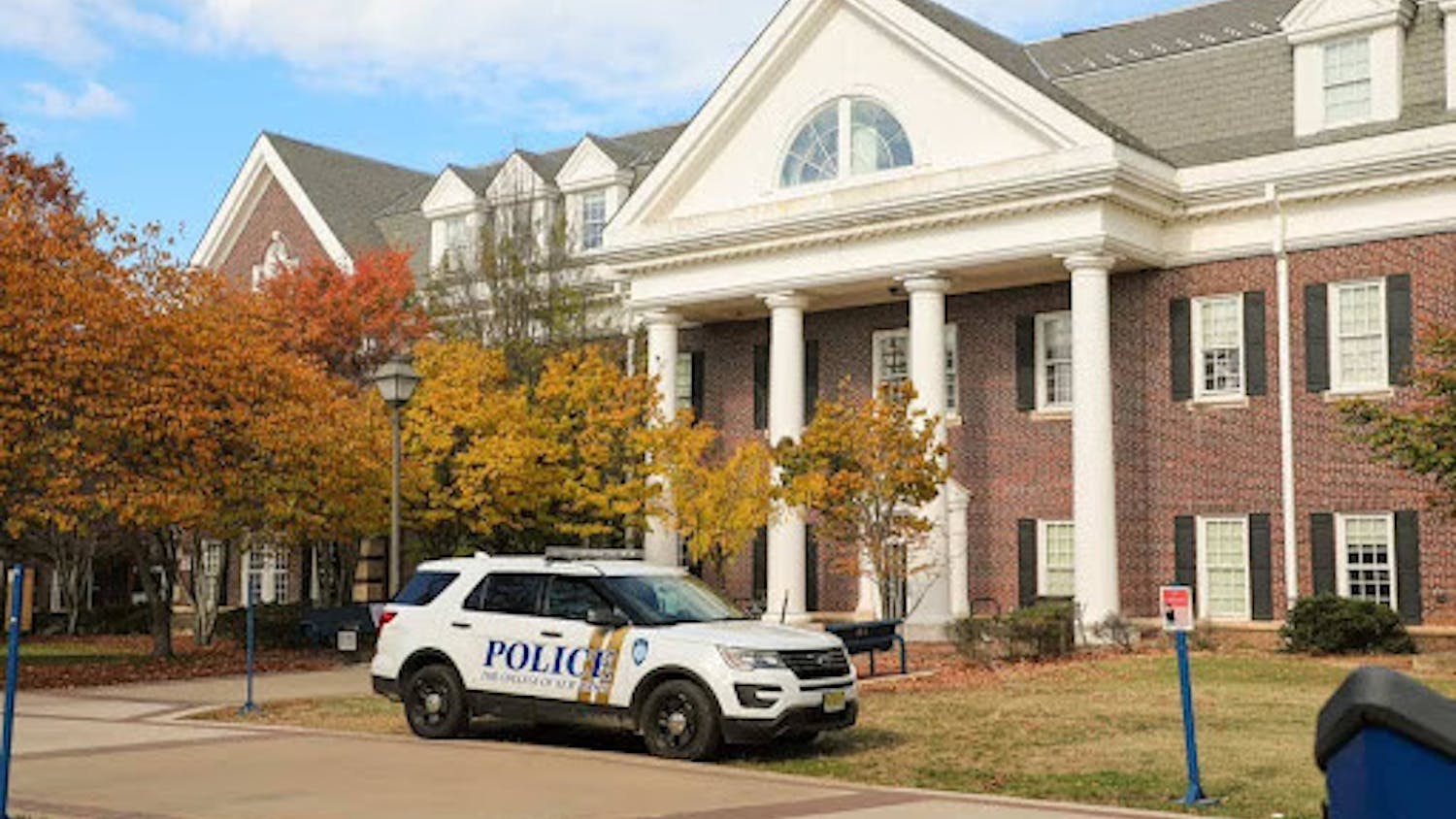By Matthew Kaufman
Managing Editor
The College’s chapter of the American Federation of Teachers, the union that includes faculty and professional staff, hosted a breakfast on March 8 with state legislators to appeal for funding increases, as the institution continues to seek ways to increase revenue following budget shortfalls and a projected decline in enrollment.
The event, held in the Intercultural Center, featured passionate speeches from faculty members, students and an alumnus, followed by a conversation with the legislators. In his opening remarks, TCNJ AFT President Matthew Wund emphasized the financial hardships the College is facing and the need for more state funding.
“We want to talk about the crippling financial challenges that we are now facing,” Wund said. “These challenges are the result of the shrinking number of college-aged students in our region, inflation, an expanding debt burden due to past investments in new buildings, willful neglect of existing infrastructure and, yes, state support that has been disproportionately low relative to that received by other four-year colleges and universities of New Jersey.”
Two students — Amechelle Leander, a senior public health and biology major, and Arjana Goroveci, a senior political science major — also addressed the legislators, along with Mattheus De Souza, a 2018 chemistry graduate, to share the opportunities that the College has provided for them.
“Legislators, I urge you to increase funding for TCNJ to ensure students like myself have access to essential mentorship and support,” said Leander. “This increased support will empower professors to provide [students] with the resources they need to thrive.”
Mattheus De Souza ‘18 told the legislators how his experience as a chemistry major led to several offers from fully-funded PhD programs (Photo courtesy of AFT New Jersey).
The audience heard from Assembly Members Verlina Reynolds-Jackson and Anthony S. Verrelli of District 15, Assembly Members Wayne P. DeAngelo and Tennille R. McCoy of District 14, Sen. Linda Greenstein of District 14 and Sen. Andrew Zwicker of District 16.
Sen. Shirley K. Turner of District 15 was also scheduled to appear but had to attend a funeral, with an aide attending the breakfast in her place. All of the lawmakers are members of the Democratic party.
“This is probably one of the most pro-union, pro-labor legislative delegations you’re gonna have,” said Pete Guzzo of TTP Government Relations, which lobbies on behalf of AFT, in his introduction of the lawmakers. He noted that Verrelli is a carpenter and DeAngelo is an electrician, with both being a part of their respective unions.
The first legislative priority presented by the union was a request for the state to identify 192 additional employees as part of the College’s total, which is one factor in determining how much state aid a school receives. A packet given to attendees noted that this would generate $4.7 million in additional revenue, which would allow the union to “expand instructional programs to better meet the needs of current and future students.”
“This priority is in partnership with President Bernstein and the TCNJ administration,” said Zakiya Adair, associate professor of African-American studies and women’s, gender, and sexuality studies. “The union and the administration are coming in on this together, because we both see the dire need for money in the operating budget, and we want to work together to stabilize the TCNJ budget.”
Last semester, AFT members worked for three months without a contract. They later agreed to a new contract with the state that included a 3.5% cost-of-living increase, however the union is arguing that the state has not allocated enough funding for schools to cover the increase.
“In the 2023 contract negotiations, the governor signed a 3.5% cost-of-living increase but did not allocate extra appropriations for the public colleges to cover them,” said Adair, “which means that TCNJ — and all other colleges — must take these costs out of our operating budget at a time when our operating budgets are already depleted.”
The legislators seemed troubled by some of the cuts proposed by the administration, especially in regards to the possible reduction of library services.
“I hate it when we have to cut library services when you start talking about cutting budgets,” said Reynolds-Jackson, a 1994 graduate of the College. “You know, it’s always those professional developments and library services that are the first to go. It’s like, these are the things that help us. These are things that sustain us throughout.”
Both the College’s administration and AFT have increased lobbying efforts to seek more support from Trenton, with Bernstein meeting with New Jersey Gov. Phil Murphy last year. The College receives less state funding per student than most of the other state schools, a fact which seemed to surprise several of the lawmakers.
“I was absolutely shocked when I looked at the tables we were sent to see the bad financial position that you’re in,” said Greenstein. “I can’t believe how much worse a position you’re in than many of the other schools in the area. It’s extreme, and I don’t really understand it.”
Since 2013, the state has increased funding for the College by just 8.7%, a significantly lower amount than all other state schools. Thomas Edison State University’s funding increased by 478.1% over the same period, Rowan University received a 157.5% increase and Rutgers University saw a 83.9% increase, according to data provided to the union by Zwicker.
New Jersey City University received the next-lowest increase, but it still saw a 30.2% rise in state appropriations.
Since 2013, the College has received an 8.7% increase in state funding, a much lower amount than all other state schools (Table courtesy of Jennifer Keyes-Maloney).
And in FY2023, the average state funding for all public colleges and universities was $5,818 per student, but the College received only $4,202, a 28% difference.
The policymakers were impressed that, despite these disparities, the College has continued to provide strong outcomes for students.
“Historically, for the last decade, TCNJ has been the worst funded institution in the state, and yet…you are producing some of the highest graduation rates, some of the best students that we see in New Jersey,” said Zwicker. “You are doing that in spite of the funding that you’re receiving, which is even more remarkable, and why I applaud you.”
As budget season in Trenton begins, it will now be up to the lawmakers to relay what they heard at the breakfast to their committees. But they recommended that all members of the campus community continue to advocate for change.
“We honestly have a lot of work to do,” Zwicker said, “but I’m very much looking forward to doing it together.”







